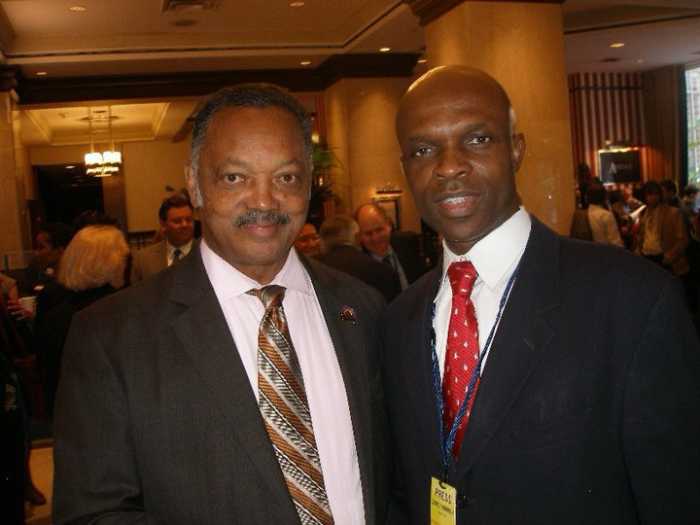By Assemblywoman Grace Meng
On Tuesday, I joined with my colleagues in the State Assembly in voting to raise New York State’s minimum wage from $7.25 to $8.50. I voted for and co-sponsored this bill because it will have a tremendous positive impact on the lives of working families here in Queens and throughout New York.
In these difficult times, with our economy still recovering from the excesses of Wall Street and unaccountable banks, this was a chance to vote to help working families, build our economy, create jobs and stand up for the people who make our city, state, and nation work.
First and foremost, raising the minimum wage helps working people and working families make ends meet. Across the nation, but especially here in Queens, the cost of everything has gone up while wages remain stagnant. Rent, utilities, subways and buses, higher education, and groceries have all gotten more expensive while take-home pay has shrunk and jobs have become fewer and further between.
Arguments against raising the minimum wage, from conservative politicians and right-wing think tanks – which generally center around the claim that increasing take home pay for low wage workers leads to fewer workers being hired – have been proven false time and time again. And when paired with appropriate support for small businesses, such as tax credits and assistance in winning government contracts, boosting the minimum wage has actually been show to be an economic stimulus. How does increasing the minimum wage grow our economy and create jobs? More money in the pockets of working people means more money spent in our communities. Minimum wage workers aren’t parking their money in overseas bank accounts or investing in risky hedge funds. They’re spending in their neighborhood by shopping at local supermarkets or local clothing stores, fixing their apartments or homes, and improving their quality of life.
Every dollar added to the local economy generates at least two to three more dollars in increased economic activity. When supermarkets and groceries get busier, they hire to keep up or give more shifts to the workers they have. Restaurants and coffee shops near busier stores get busier too, and then they also need to hire. More activity on local streets benefits public safety. Inside homes, more money means less food insecurity, less stress, more focus, and more opportunities for our children, who are the ultimate and most important beneficiaries of all this positive activity.
The NYS Senate Republican Majority has not yet indicated their support of this vital measure. Negotiations there continue.
Raising the minimum wage is about our shared priorities and the best way for our government to grow out of this recession. Too often, politicians discuss fixing the economy solely by focusing on our wealthiest citizens and corporations – how much to tax them, how much to regulate them, how much to expect from them. While we certainly need to discuss whether or not the wealthiest among us are doing their fair share, we also need to discuss the direct ways in which we can raise up middle and working families.
Above all, government’s job is to maintain an even playing field and define not just what we could do, but also what we should do.
Wealthy people and large corporations could move their money overseas to shield their themselves from taxes, but should they? Investment banks could, and have, bet their own money against their client’s investments and somehow get away with not calling that a massive conflict of interest, but should they? Global retailers can bribe foreign officials and defend massive employment discrimination suits while also lobbying to open stores in New York City, but should they?
New York could raise the minimum wage, and should be on the side of all the working and middle income families who are one unexpected medical bill away from being poor. New York could support businesses as they invest in our communities, and should be in the business of encouraging safe homes and healthy families. New York could and should be a national leader in showing how government, business, and working families can emerge from despondent times, not just through top-down policies that privilege a few, but from grassroots community development driven by a realistic and practical increase in our minimum wage.
In the end, increasing the minimum wage is about making sure we are doing those things we should do – making New York a better place to live, work and create jobs. It’s about doing not only the right thing, but the smart and responsible thing. By any measure, raising the minimum wage passes these tests. I hope State Senate Republicans come to agree with this common-sense conclusion.


































